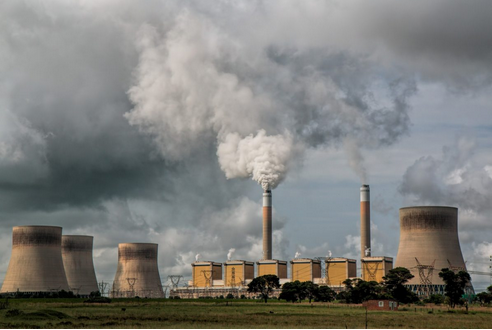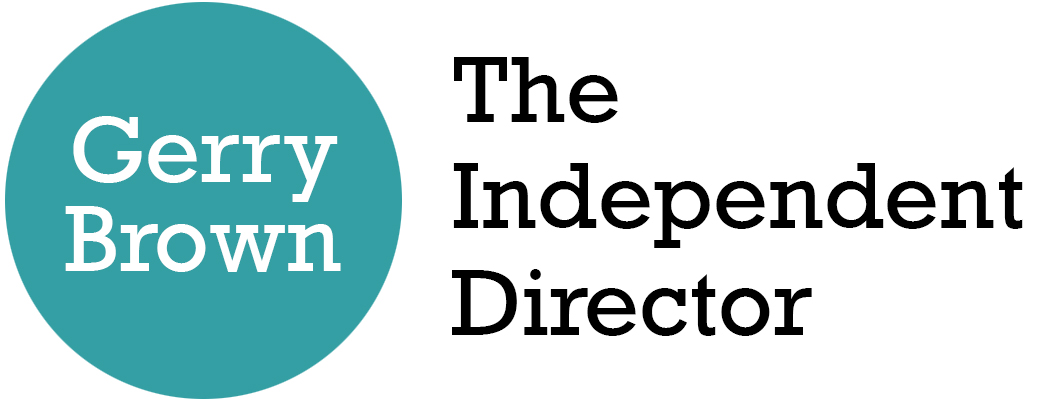
“Stakeholder” activism initiative possibly fatally undermines “healthy environment” commitments
LAST month I questioned whether allowing the 181 corporate signatories to the US Business Roundtable (BRT) pledge to mark their own homework when it comes to valuing all “stakeholders” was the most sufficiently robust or sustainable framework to ensure compliance.
Though the jury remains out on this potentially worthwhile stakeholder advocacy initiative, latest research spookily shows that the top three of the largest banking investors in fossil fuels from 2016 to Q2 2019 – who hold aggressive positions in expanding coalmining operations, oil and gas companies, fracking firms and pipeline companies – JP Morgan Chase ($75.6 bn), Citi ($52.8bn) and Bank of America ($48.6bn) have also all signed up to a “healthy environment”, “supporting the communities in which we work” and stated “each of our stakeholders is essential – we commit to deliver value to all of them”. Quite how Jamie Dimon (Chairman & CEO, JP Morgan), Michael L. Corbat (CEO, Citigroup) and Brian Moynihan (Chairman & CEO, Bank of America) square this virtuous BRT stakeholder circle with their current strategies remains unknown.
Leaving aside the problematic corporate governance issues enshrined in combining the role of Chairman with that of CEO, UK banks also have questions to answer. Barclays’ global head of sustainability and citizenship, Elsa Palanza at least responded on the record to the Guardian. “We can all sit around pointing fingers at each other, but that doesn’t help solve what is really a complex and multifaceted problem. What can help solve the problem is, firstly, the voluntary mechanisms we are working on, like the Task Force on Climate-related Financial Disclosures, and then the new attention from regulators like the Prudential Regulation Authority.”
Three businesses who between them invest $50 billion per year in new coal, gas and oil projects while simultaneously also being Business Roundtable signatories immediately raises questions about how sincere or effective this stakeholding initiative is going to be, let alone the basis of their actual commitment to tackling climate change. Without any real structural change or regulatory enforcement teeth to go along with the fanfare and fine pledges of these purpose-led stakeholding corporations, the new found understanding and appreciation of wider society responsibilities and obligations by the BRT already looks dead on arrival before it has had any chance to resonate with workers and customers committed to purpose-led society-oriented businesses. The barely hidden hypocrisy of JP Morgan, Citigroup and Bank of America also makes reasonable but impartial observers wonder what other skeletons remain currently undiscovered in the boardroom cupboards of the remaining 178 corporate Business Roundtable signatories?
Notes
I commented at the time of the Roundtable announcement: “Though protecting wider society from scandals and corporate excess is both urgent and necessary work, it is vital to remember that this soon to be adopted wider conception and loose definition of a ‘stakeholder’ put forward by The Business Roundtable makes CEOs and boards both less accountable as well as less responsible for the outcomes of their business decisions and strategic actions. Worse still, it also ensures that this “stakeholder” audience remains badly constrained…. despite the mood music of greater commitment to – for example – environmentalism, reducing exogenous costs and caring for what they deem to be the interests of wider society, this shift arguably really signals a significant power grab by executives at the expense of both shareholders and, arguably, the wider society they now claim to seek to protect.”
Image credit: pixabay/PV Magazine
